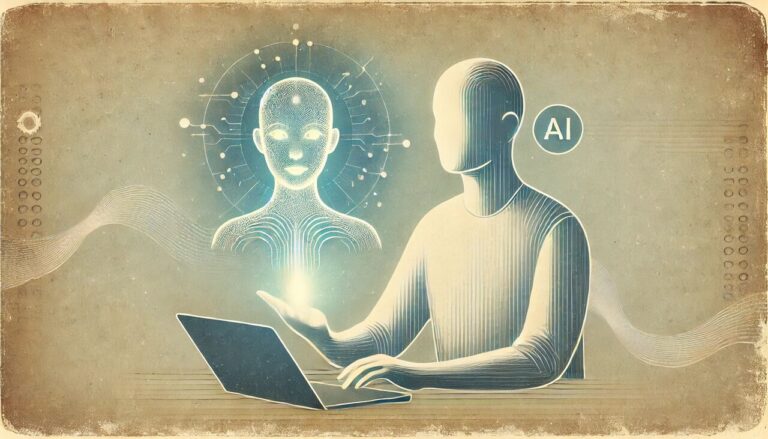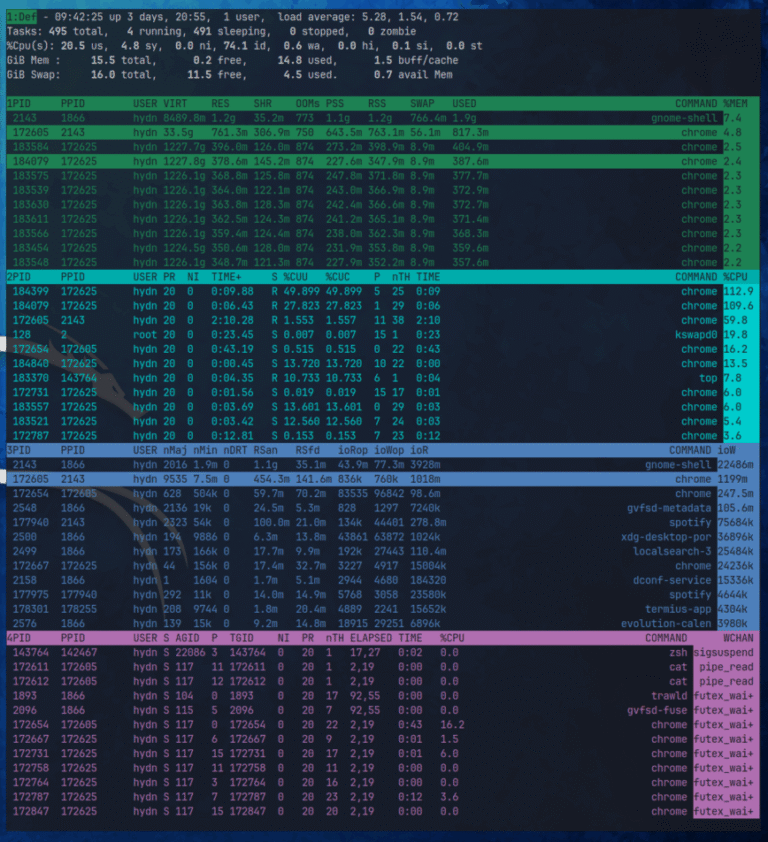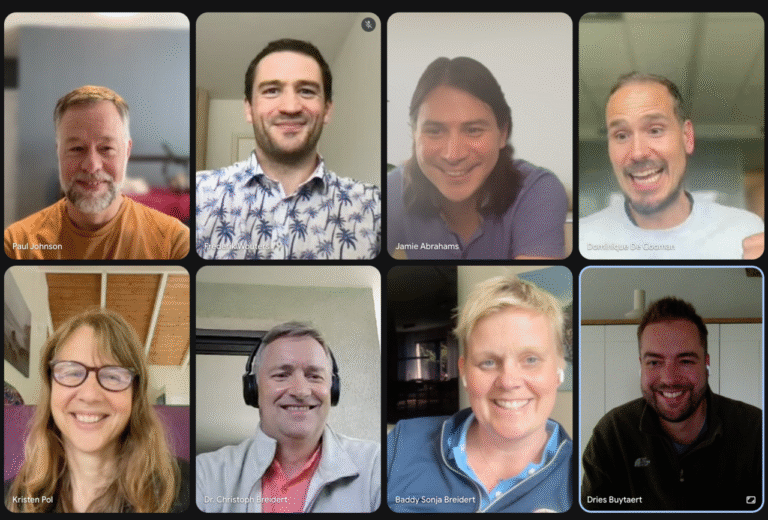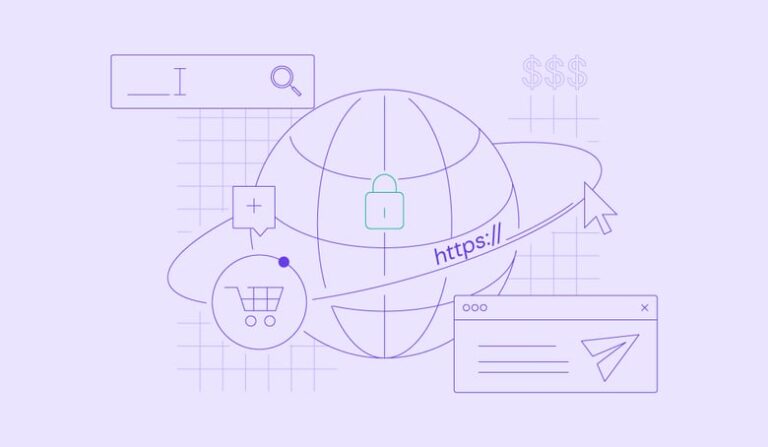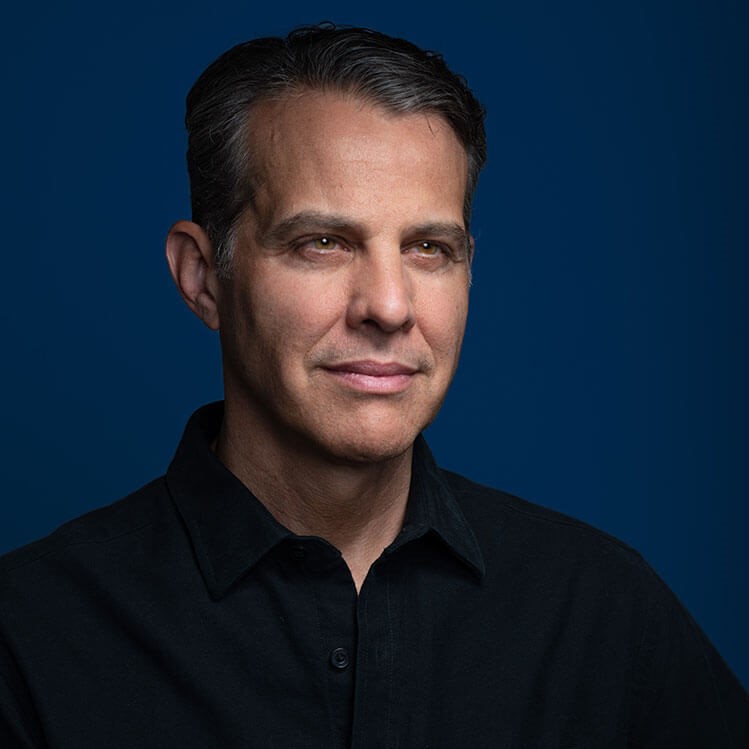
According to FBI statistics, Cyberattacks have quadrupled over the past three years. Ransomware is at an all-time high and there are no business verticals that are safe. Attackers do not care how large you are, or how sophisticated – only whether you are vulnerable. The rise of AI has become the single biggest fulcrum point in our lives. The dark web has grown into a crime business with unstoppable reach. The Internet expands and grows every second with the speed of a big bang. Data has become the currency of our lives. By 2026, I predict that the cost of cybercrime flowing through the dark web will exceed trillion.
Here are a few from my upcoming book The Invisible Threat:
You’ve mentioned that hacking is the natural progression of espionage. Can you elaborate on how criminals are modeling their attacks on espionage tactics?
Eric’s illustrious career began in the FBI as a “ghost,” an undercover field operative responsible for surveilling foreign and domestic spies and terrorists. In 2001, he famously brought down the nation’s first cyberspy, Robert Hanssen, a notorious Russian mole and 25-year veteran of the FBI. This high-stakes investigation is chronicled in the critically acclaimed movie, Breach, and Eric’s book, Gray Day. During the Hanssen investigation, Eric operated directly undercover within the FBI’s Information Assurance Division, created to protect classified FBI intelligence.
Deepfakes pose a significant threat, especially in an election year. What are the most concerning aspects of this technology, and how can we mitigate its impact?
I have developed a checklist for organizations to examine their cybersecurity. It is available on my website at www.ericoneill.net.
Each successful cyberattack supports investment in new models of attacks, better AI, scaled operations and a sense of untouchability by cyber criminals. Cybercrime is the fastest growing business on earth, and cybersecurity has not successfully stemmed the tide of attacks.
Your career has transitioned from FBI operative to founding The Georgetown Group. How has your background in counterintelligence informed your approach to modern cybersecurity challenges?
In addition to founding the Georgetown Group, which leverages competitive intelligence to restore trust, I recently partnered with the founder of NeXasure to enhance our dialogue and understanding of cybersecurity. My background in counterintelligence informs my work as a consultant, speaker, author, and evangelist in the cybersecurity field. Effective cybersecurity demands an adaptive and aggressive approach to hunting and neutralizing threats before they cause harm, mirroring my experience hunting spies in the FBI.
How has the advent of generative AI deepfakes and the shift to remote work environments increased the prevalence and ease of deceptive cyberattacks?
The crisis is not coming. It is here.
What I call cybercrime syndicates have learned from and adopted the best techniques and practices of nation state espionage threat actors. In fact, the top crime gangs routinely hire cyber spies to join their ranks, or moonlight to assist with attacks. Everyone needs a side hustle. My research has shown that cybercriminals have particularly become adept at deceptive cyber-attacks that target people, not machines, to gain access. Spies have always thrived on deception.
By Randy Ferguson
Cybercrime is incredibly lucrative, and cybercriminals have modeled espionage threat actors to launch sophisticated and damaging attacks ranging from ransomware to massive financial theft. As long as there is a dark web, cybercrime will continue to grow unchecked.
The pandemic created a disassociated and distant society and workforce, leading to a hybrid-first environment with closed offices and virtual networking. Attackers have exploited this distance to gain trust. Cybersecurity must now restore trust in data, and individuals need to think like spies and act like spy hunters. Technology should focus on threat hunting, and people must change their online mindset to seek out threats, trusting only after verifying the identity of their connections.
Reflecting on your undercover operation to capture Robert Hanssen, what key lessons did you learn that are applicable to today’s fight against cybercrime?
Deepfakes are here to stay, and this is the reason we must now trust nothing, verify everything we come across online. One of the most concerning deepfake crimes is romance fraud. To stop this crime, identify romance fraud by researching the social media account of your new online friend. Conduct a reverse image search to determine whether pictures they send are stolen from other sites or are purchased from stock photos. We can also use AI to fight AI deepfakes. Ask robust AI from reputable companies to scan images and identify whether a photo or video sent to you was created by generative AI.
In our interview today, we have the privilege of speaking with Eric O’Neill — a cybersecurity expert, legendary FBI operative, attorney, and founder of The Georgetown Group and Nexasure AI. Eric works with organizations to fortify their defenses against cybercriminals, whose collective activities now constitute the world’s third largest economy. An in-demand speaker, Eric captivates audiences with his dynamic style and riveting stories from the dark web, offering bespoke keynotes on the rise of cyberattacks, AI-generated threats, and practical strategies to safeguard both financial assets and reputations.
TechCrunch reported that over 1 billion records have been stolen or accessed in data breaches this year. Why do you believe this is only the beginning of a larger crisis in cybercrime?
- Develop a cybersecurity plan before the pressure situation places you or your organization into a crisis.
- Ask What, Where and Who for all your sensitive data. Know what your most critical data is (define it). Know where your most critical data is (compartmentalize it). Know who has access to your critical data (privilege it).
- Think like an email archeologist. Scrutinize emails from a zero-trust mentality.
- Have a plan for deepfakes. Establish a “sign of life” code phrase with your family and friends to prevent deep fake fraud and extortion.
- Be smart with the use of social media. Lock down all your social media accounts to private.
- Be skeptical of offers that seem too good to be true. Verify first and trust later to avoid scams. This mindset will enhance both your cyber and personal security.
You’ve stated that data is the new currency of our lives. What practical steps can individuals and organizations take right now to protect their data from cyber threats?
The rise of AI has turned trust on its head. I came up with the phrase “trust is an uncommon commodity” to explain this. Deepfakes are prevalent and soon will be indistinguishable from reality. Criminals have adopted AI to launch impersonation attacks that clone voices and even video avatars to fool targets into believing the lie and granting them access to data, finances and identities.
Hanssen taught me that the spy is in the worst possible place. Today, this place is where our most sensitive data resides. Protecting that data is the key to preventing cyber-attacks. The mindset I learned by investigating Hanssen was to prepare for pressure situations, routinely assess my adversaries’ actions and adjust my plan accordingly, investigate threats and, critically, act decisively to neutralize those threats.
Currently, Eric leads The Georgetown Group, a premier investigative and security consultancy based in Washington, DC, and Nexasure AI, a cybersecurity evangelism and advisory service that bridges the gap between business and technology. A frequent media commentator, Eric’s insights have been featured by CNN, Fox, NPR, Newsweek, and TechCrunch, among others. An honors graduate of Auburn University and the George Washington University School of Law, Eric is now working on his new book, The Invisible Threat: Secrets from a Spyhunter in an AI World (HarperCollins, 2025).
In your experience, what are the key cracks in our digital connections that make them vulnerable to cyberattacks, and what solutions do you propose to combat these vulnerabilities?
Given your belief that we must adopt a proactive stance and think like spies to counter cyberattacks, what are some specific spy hunter tactics that organizations can implement for better cybersecurity?
With AT&T’s recent data breach making headlines, what insights can you share about the growing trend of cyberattacks against major corporations?

